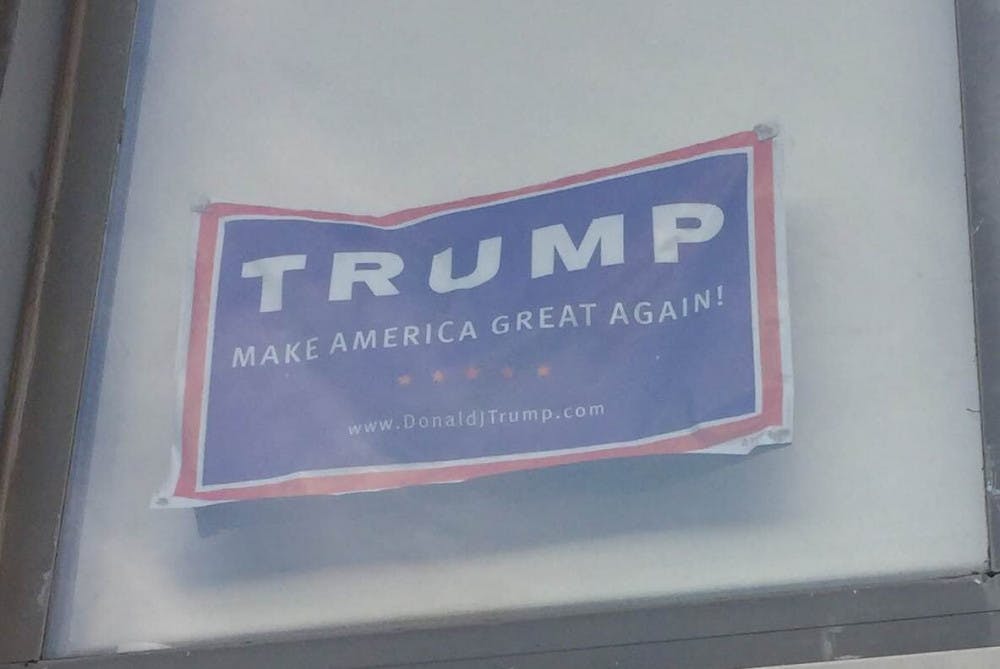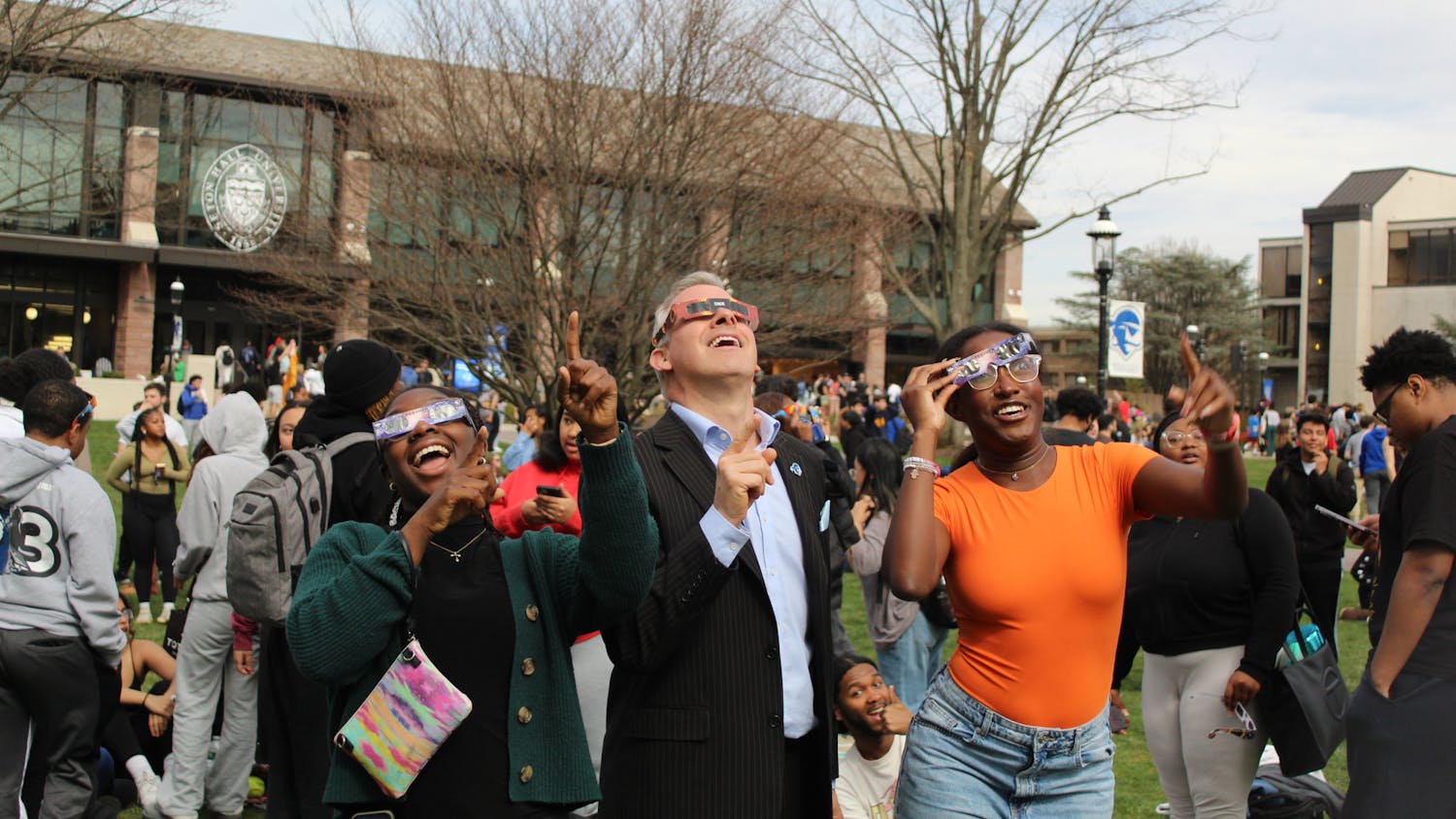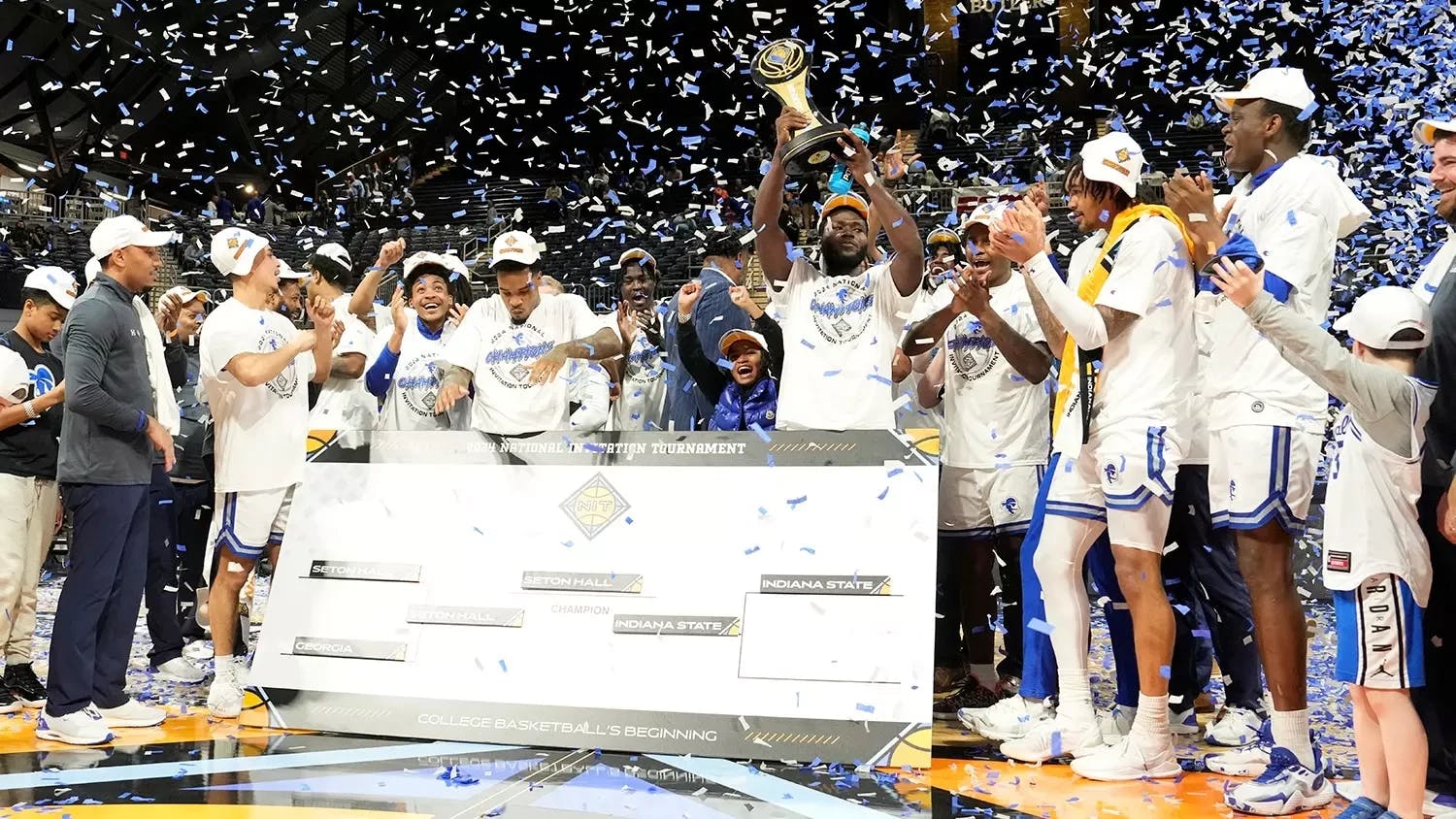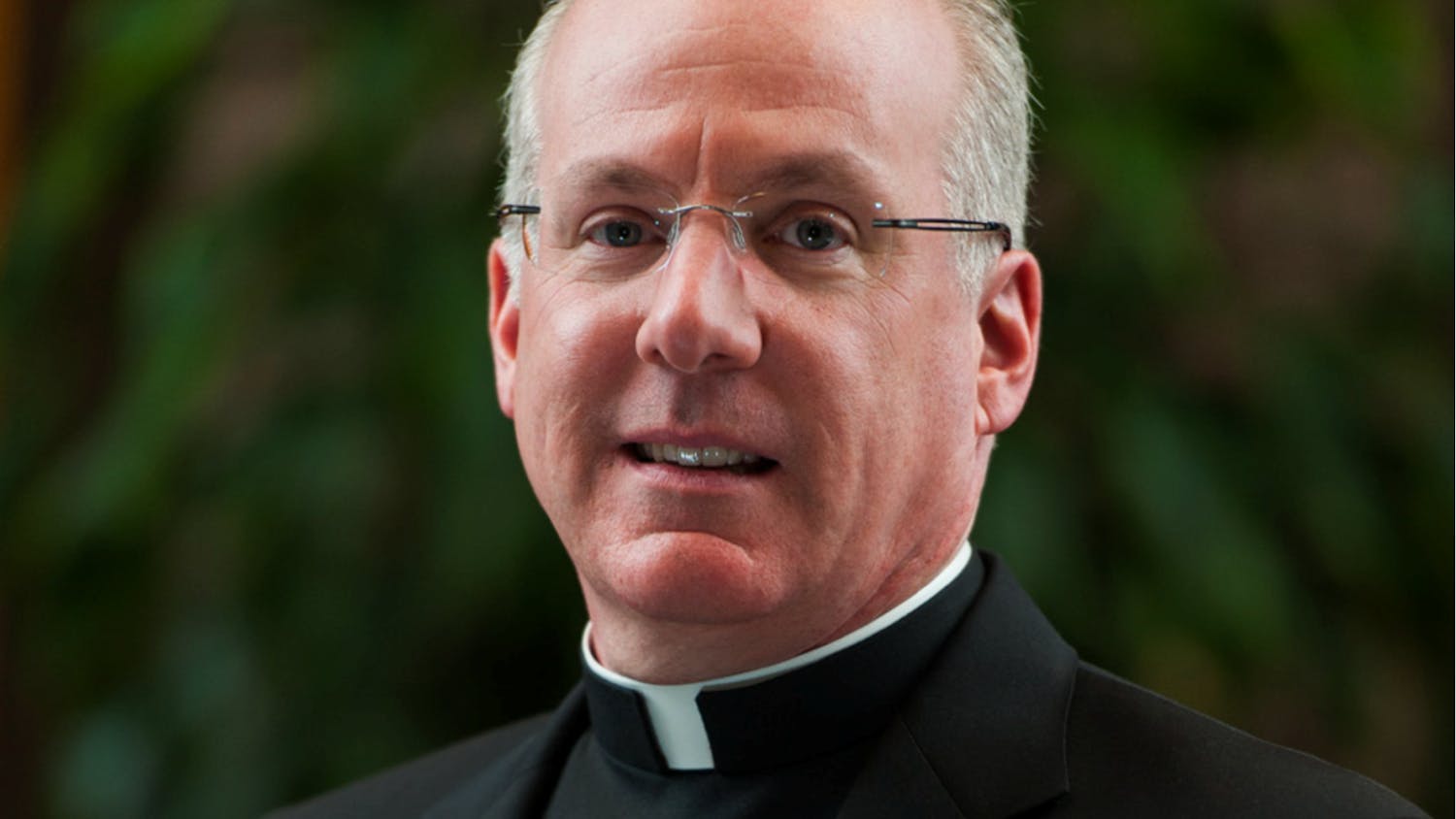
For many students, the presidential election between Hillary Clinton and Donald Trump is the first election they will be eligible to vote in. But recent polls show that many millennials don’t care enough to do so.
According to the Pew Research Center, 46 percent of millennials [ages 18-35] voted in the 2012 presidential election, compared to 61 percent of Generation X [ages 36-51]; 69 percent of baby boomers [ages 52-70] and 72 percent of the Silent and Greatest Generations [ages 71 or older]. The 46 percent of millennials who voted in 2012 also decreased from a 50 percent turnout in the 2008 presidential election.
One quarter of millennials don’t plan to vote for Trump or Clinton, according to the “2016 Millennial Impact Report: Wave 2 Trends,” researched by Achieve and supported by The Case Foundation.
According to “The 2016 Millennial Impact Report,” the study investigates how millennials value “cause engagement” and how their behaviors may change during an election year. Cause engagement focuses on millennials’ engagement in various social issues. The report stated that these changes may be influenced by the emerging candidates for election or by important millennial demographics such as their political ideology, geographical location, age, gender and race or ethnicity.
The report found that 73 percent of millennials said that they plan to vote in the election. 17 percent of millennials said they were not planning to vote and 10 percent were unsure. Fifty-three percent said they were voting for Clinton, 21 percent said Trump, 16 percent said neither candidate, and 10 percent said they wouldn’t vote, according to the Philanthropy News Digest website, a service of the Foundation Center.
This will be the first election for student D.J. Farrelly, who is supporting a third party candidate. The freshman computer science major said he was a Hillary Clinton and Bernie Sanders supporter in the past, but he now opts for Jill Stein, the Green Party candidate, due to her emphasis on environmental concerns.
“I feel that older generations think that we are not educated enough to understand problems, but a lot of millennial voters actually research into the parties. Their decision is different than their parents,” Farrelly said. “My dad is voting for a main party and I’m voting third party.”
Dr. Patrick Fisher, a professor of political science, shared his opinion on millennials and voting. Fisher, who is currently on sabbatical, has taught a U.S. Election course every semester when there is a major election for more than a decade.
“Younger voters historically have less interest in politics than older Americans and vote at considerably low rates. The 2008 and 2012 elections were really the exceptions as Obama was able to garner unprecedented support from younger voters,” Fisher said in an email. “Hillary Clinton has definitely not been able to maintain the same level of passion among younger voters as Obama did.”
The Student Government Association’s President, Teagan Sebba, expressed what happens when a generation lacks participating voters.
“The consequence of voter apathy is a failed democracy,” said Sebba, a senior political science major in an email. “Our country is founded on the citizen’s voices being voiced and acted on, and when a whole generation of voters aren’t mobilizing, our electoral process essentially fails that entire generation. Another detrimental consequence is simply bad candidates getting elected to office.”
Fisher added that an interesting aspect of millennials this election “is the degree to which they really do not like either candidate.”
“Trump in particular is extremely unpopular among millennials. Polls have shown the third party candidates are doing significantly better among millennials than other generations,” Fisher said. “It will be interesting to see if this actually holds for the election.”
Sean Conway, a senior accounting major, said he intends to vote for Donald Trump this election. Conway emphasized Trump’s business background and the importances of preserving jobs in the United States rather than sending them overseas.
“A lot of millennials are not working and focusing on the social scene,” Conway said. “It’s important for millennials to get out and vote, and to think long term. Think of what candidate is the best for the economy, that’s the best for our own well-being and nation as a whole.”
Former South Orange Mayor Alex Torpey said that a primary issue for young people is that they feel that the government can’t fix their problems.
“I think the challenging part is that if people who are frustrated won’t participate,you’re basically left with people participating who are not frustrated, that’s very concerning to me,”said Torpey, who is also a visiting professor for the Department of Political Science and Public Affairs. “In my personal opinion, even though people are frustrated and that makes you feel you don’t want to get involved, the solution is to get way more involved—voting being the first step towards doing more.”
Asya Crump, a sophomore business undecided major, is choosing not to vote this election season, despite being from Washington D.C.
“It’s so upsetting that the first time I’m able to vote and these are the two people I have to choose from,” Crump said. “I don’t think I’m going to vote because I can’t pick, I think that they’re both awful choices. I do think Hillary is probably a better option.”
Crump added that she feels that a vote for a third party candidate is “a waste of a vote because there’s no way they’re going to get enough votes needed to win.”
While Crump is planning on not voting, she believes that the majority of millennials do care about the election, shown through having watched the presidential debates and forming their own opinions on the candidates.
“The fact that they’re following it [the election] is a big thing. A lot of elections prior when it’s obvious who the winner was going to be from the beginning people don’t pay attention then. It’s disheartening a lot of people though because they have to pick between these two - it’s up in the air as to how this election is going,” Crump said.
Torpey gave encouragement to students voting and left a call to action.
“I think that people are going to vote and after that they may think, ‘Now what am I going to do?’ This is for us to fix,” Torpey said. “It’s important to vote in this election but it’s also important to not allow the act of voting to make us feel like we did our job.”
Leah Carton can be reached at leah.carton@student.shu.edu.





